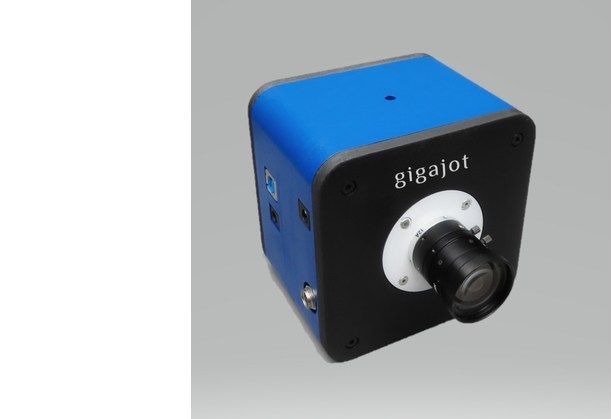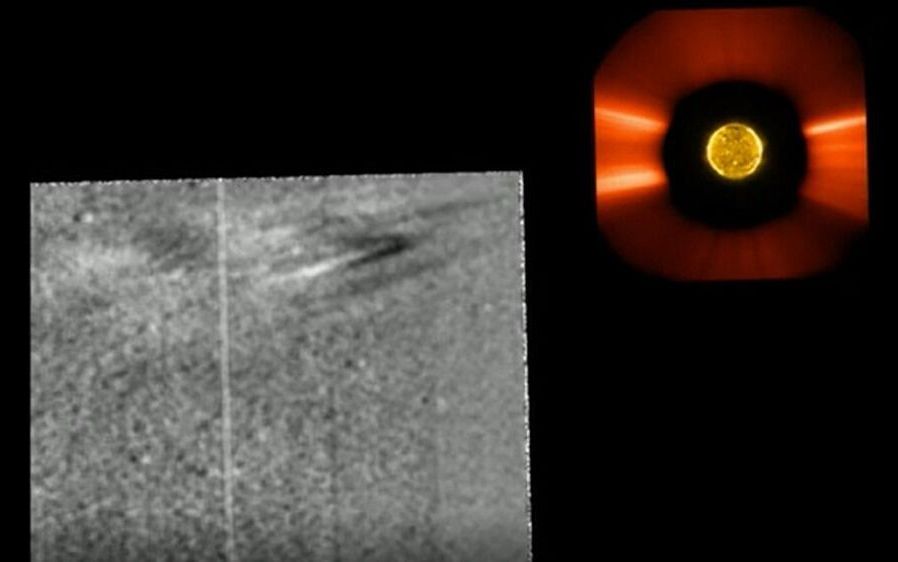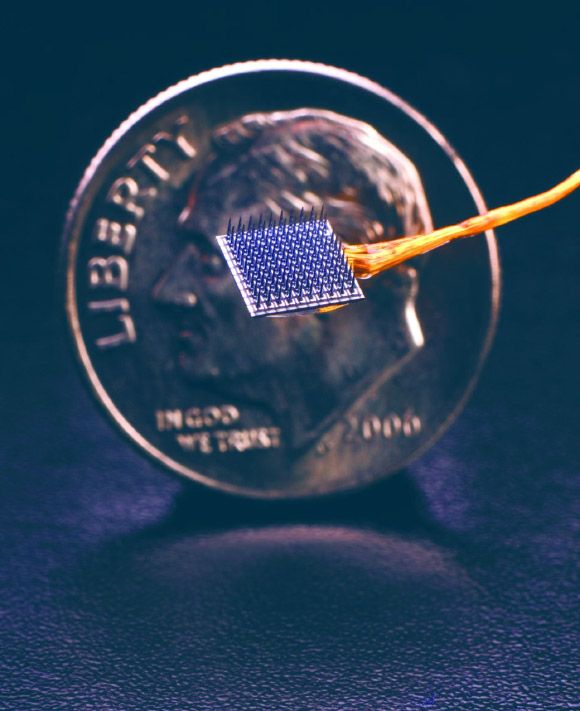Rapamycin has been proven to extend the lifespan of mice, warms and yeast. Lifespan.io is starting a large clinical trial named Participatory Evaluation (of) Aging (with) Rapamycin (for) Longevity Study, or PEARL, to see if the antiaging effects of Rapamycin apply to humans. This will be the first study to see if Rapamycin works as well in humans as it does in mice.
The PEARL trial will follow up to 200 participants over 12 months testing four different Rapamycin dosing regimens. It will be double-blind, randomized, placebo-controlled and registered with clinicaltrials.gov. The principal investigator is Dr. James P Watson at UCLA, who was also a PI for the famous TRIIM trial.
Tests and measurements will be taken, both after 6 and 12 months. These will include autonomic health tests, blood tests, body composition tests, fecal microbiome testing, immune and inflammation health tests, methylation age clock testing and skeletal muscle tests.






